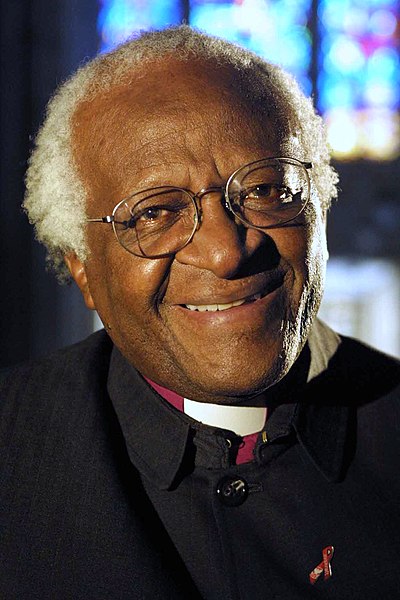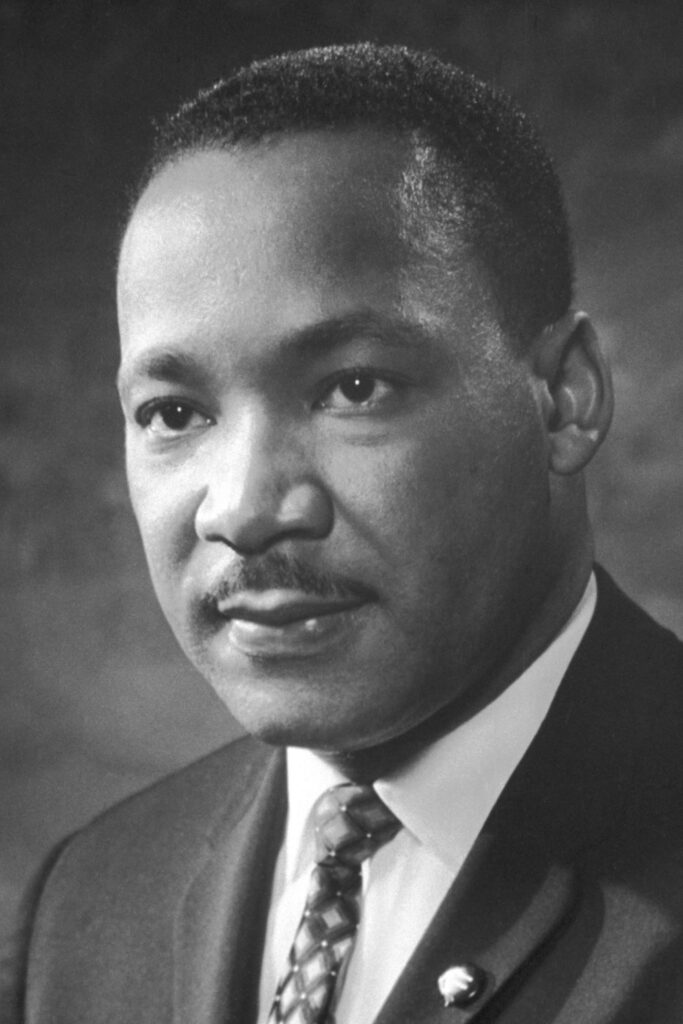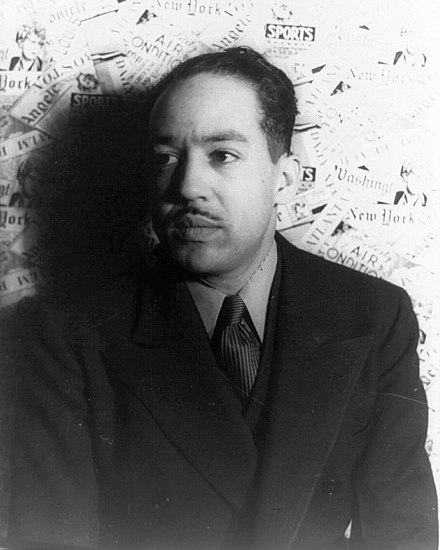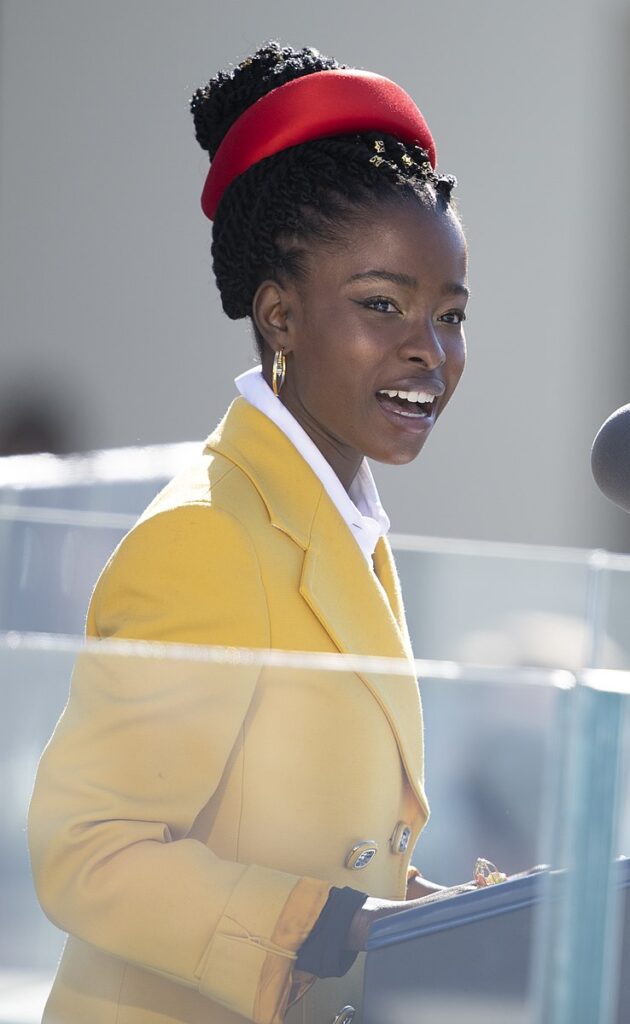After weeks of writing, reading, research, and procrastination, I have told myself today is the day. The day this column will be finished and published, and I can move on to other projects. Why has this one been so difficult to pull together? I had to work through a lot of emotions: anger, frustration, depression, and perplexity to name the most common. But today I’ve decided to stop reading more articles, stop allowing myself to be mired in feelings that pull me down and knock me out. Instead, I’ll write (which is often how I pray and how I work through difficult times) and tell you what I’m feeling. What I’m thinking. What I hope.
Feelings
I’m anxious about the possibility of state-controlled education that will exacerbate divisiveness, hatred, and “othering” in this country and curtail free speech and democracy.
I am deeply concerned. A citizen and former teacher, I shudder reading about the numerous bills (some already laws) introduced in state legislatures and school boards across the country that restrict or outlaw the discussion of issues of diversity, inclusion, and equality. These include topics of sexuality, gender, and systemic racism. While all such attempts to discriminate against people on the margins are terrible and threaten the well-being of students and teachers and the very survival of democracy in this country, this Black History month I’m particularly mindful of those that impact Black Americans and their place in U.S. history.
I’m overwhelmed by the hypocrisy of legislators, governors, mayors, and school board members scurrying to push through laws and resolutions that ARE the very systemic racism that they deny exists now and in our history.
I’m overwhelmed by the fear that motivates such actions and by the hate, discrimination, arrogance, and self-righteousness that it engenders.
I’m overwhelmed by the willingness of people in power to rewrite history to their own advantage and by the effects their efforts (if successful) will have on upcoming generations and the possibility of peace and reconciliation.
I am troubled. A Christian, I feel that many involved in rewriting our history and perpetuating a climate of racism and fear are doing so in the name of Jesus and under the banner of Christianity.
I feel betrayed that more religious leaders, local and national, are not publicly and strongly speaking out against this appropriation of the faith that is fundamentally about trying to live as Jesus lived. Surely, Jesus weeps. He hung out with the marginalized. He chastised those who put down others. His life is a witness to inclusion, of welcoming all into his family.
I flirt with despair that this nation cannot be healed.
Thoughts
I think re-writing history to favor those is power is something authoritarian governments and dictatorships do. Denying that racism is embedded in U.S. history and laws is one way to do this. Another is to threaten teachers who discuss such topics and present truth, uncomfortable as it might be, to their students. It is whitewashing this country’s past.
The term “whitewashing” at one time primarily meant using whitewash to cover a surface. Since the late 1990s in the U.S., it’s also been used in the entertainment field to refer to the use of white actors to portray people of color or to replace people of color with white characters. In 2019, Merriam Webster added this definition of “whitewashing” to its list of meanings: to portray (the past) in a way that increases the prominence, relevance, or impact of white people and minimizes or misrepresents that of nonwhite people. The Cambridge Dictionary defines it as: an attempt to stop people finding out the true facts about a situation.
It takes courage to acknowledge the past, own it, and move forward together to heal the wounds caused by immoral actions, policies, and institutions. Efforts to deny the uglier parts of this country’s past treatment of Black Americans —slavery and systemic racism embedded in laws and institutions for example— make healing the racial divide impossible. Like a bodily wound that festers and becomes infected, the wounds of the past must be exposed, cleaned, and tended to heal. Otherwise, the infection grows and poisons the whole body.
“Hope is being able to see that there is light despite all of the darkness.”
– Desmond Tutu
Nelson Mandela and Rev. Desmond Tutu knew this. Mandela created the Truth and Reconciliation Commission and appointed Tutu as its chairman. It gave voice to the victims of apartheid and allowed perpetrators of violence to admit their guilt, seek forgiveness, and receive amnesty. It was about healing not vengeance and helped South Africa move to a democracy. It wasn’t perfect. Nothing is. But it showed the world a way to respond when past crimes are poisoning the present.
The way forward isn’t denial. It is encounter. With the past. With the present. With those wronged and those who perpetrated the wrongs. There is no other way to wholeness.
Jesus knew that.
His life is a witness to honestly facing the hypocrisy of institutions (including religious ones). He didn’t shy away from reminding the Jews of their history—including worship of idols, the murder of prophets for speaking the truth—because facing the past might make them feel uncomfortable or guilty. He didn’t hesitate to call out merchants who were making the temple a “den of thieves.” He named the Pharisees “whitened sepulchers”—pretty to look at but filled with corruption. Jesus didn’t mince words to spare feelings.
His life showed that only in facing personal and institutional sin and history could people and intuitions be healed, made whole, and become a blessing to the world and help build God’s kingdom. His teaching, his life came down to one thing: Love. Love of God and and neighbor, who is everyone. God’s kingdom is a “kindom.” It is filled with people of all ethnicities, skin colors, genders, and sexualities.
Jesus called us to love one another. I admit, I’m not great at that. I struggle to love those I perceive as perpetuating racism, sexism, transphobia, homophobia, and other “isms” that divide the world into “them – bad” and “us – good.” Deep listening is as difficult as taking action when I’m not sure what I can do to make a difference. Praying is hard when my mind is filled with upsetting news articles about one more shooting of an unarmed Black man or one more legislator jumping on the politically expedient bandwagon of whitewashing agendas.
It’s difficult to “see the log in my own eye” when I’m focused on removing the splinter from someone else’s. It’s easier to see the racism and fear of the “other” embedded in laws and institutions than to recognize it in my own heart.
I think courageous Love is the only way.
But I know, somehow, that only when it is dark enough can you see the stars.
– Martin Luther King, Jr.
Hope
I struggle with hope because I struggle with trust, not only in human beings but in God-with-us. How can I trust in Divine Presence drawing all things into union with itself when the world is in such a mess? When so many in positions of leadership are motivated by greed and the desire to hold on to power rather than to serve the greater good, where is hope?
Yet God calls us to hope. To find light in darkness. To BE light in darkness. To be healers.
To be part of that, I realize the importance of encountering God within me and growing to trust that God resides and moves in all creation, however hidden or unrecognized. I can look for light rather than being overwhelmed by darkness. I can grow in experiencing that all things are connected and that humble as well as spectacular acts of love and healing work together to move humanity toward wholeness.
Will it get there? I don’t know. But I don’t need to know before I open up to receive and to share Love in the places where I am. I don’t need to know, but to trust.
The new dawn blooms as we free it. / For there is always light, / if only we’re brave enough to see it, / if only we’re brave enough to be it.
– Amanda Gorman from her poem “The Hill We Climb”
Read: Langston Hughes’s poem:
“Let American Be America Again”

Photo: Benny Good Public Domain
via Wikimedia Commons

Photo: Nobel Foundation, Public domain,
via Wikimedia Commons

Photo: Carl Van Vechten; cropped by Beyond My Ken (talk) 07:07, 5 August 2010
Public Domain,
via Wikimedia Commons

